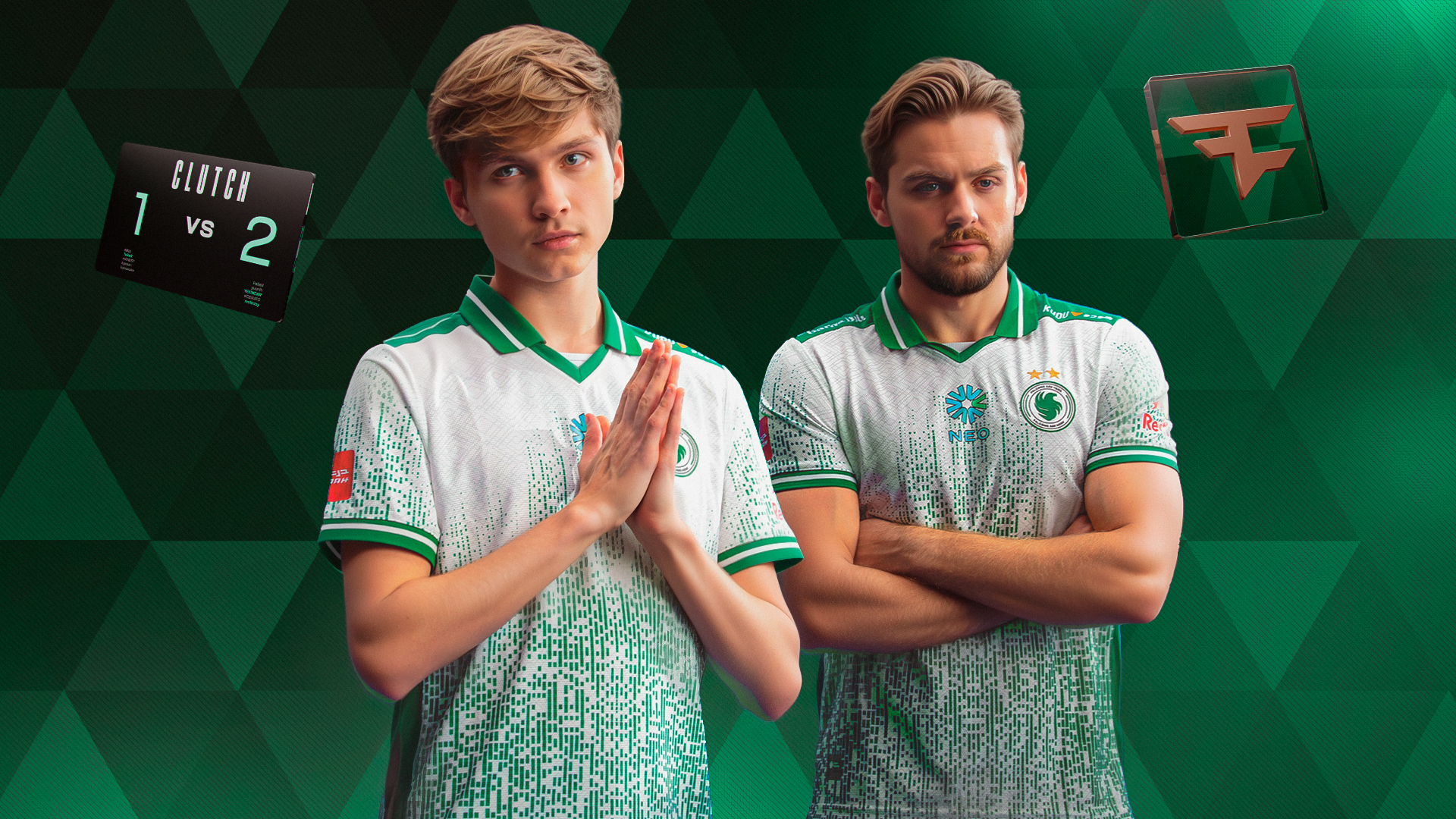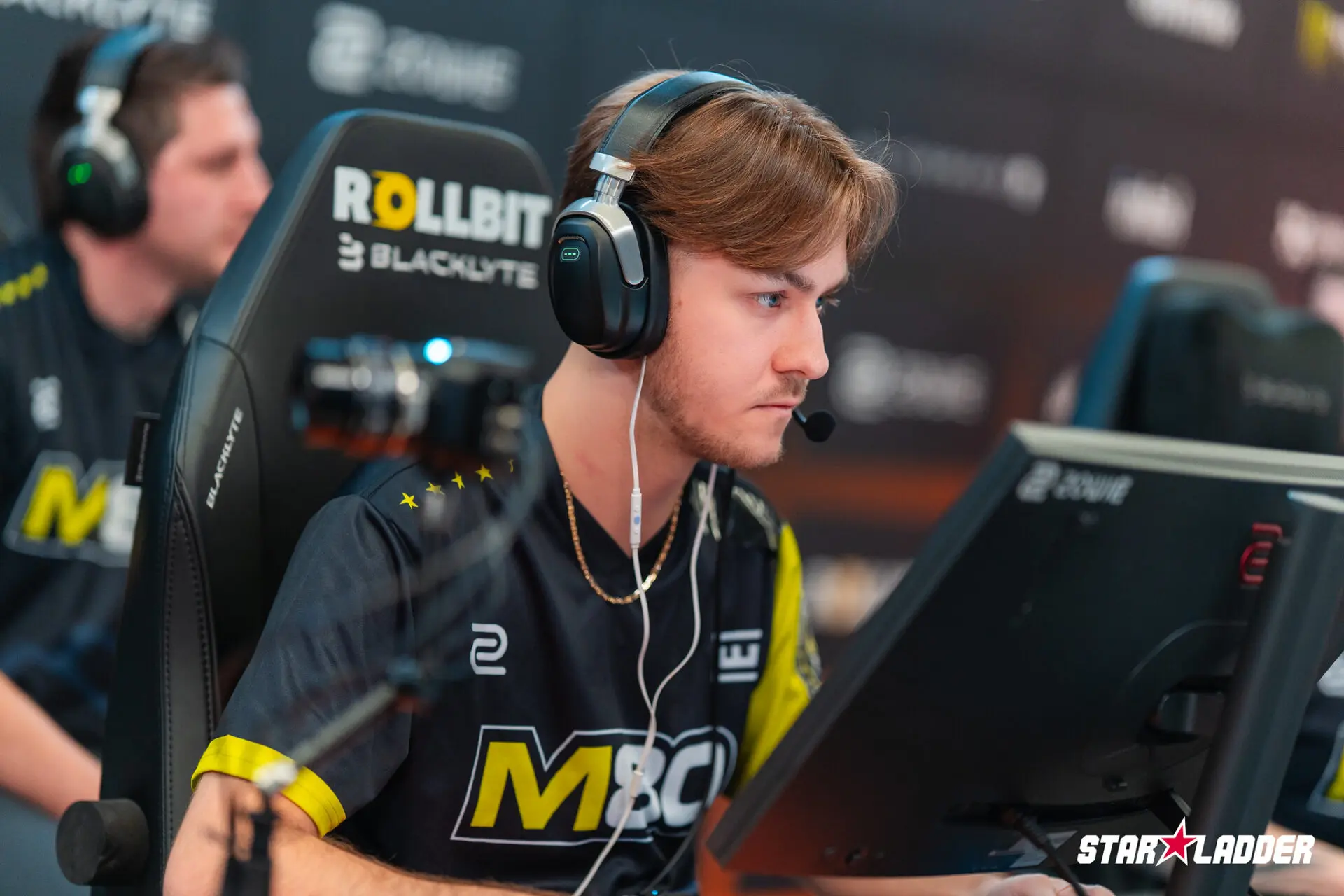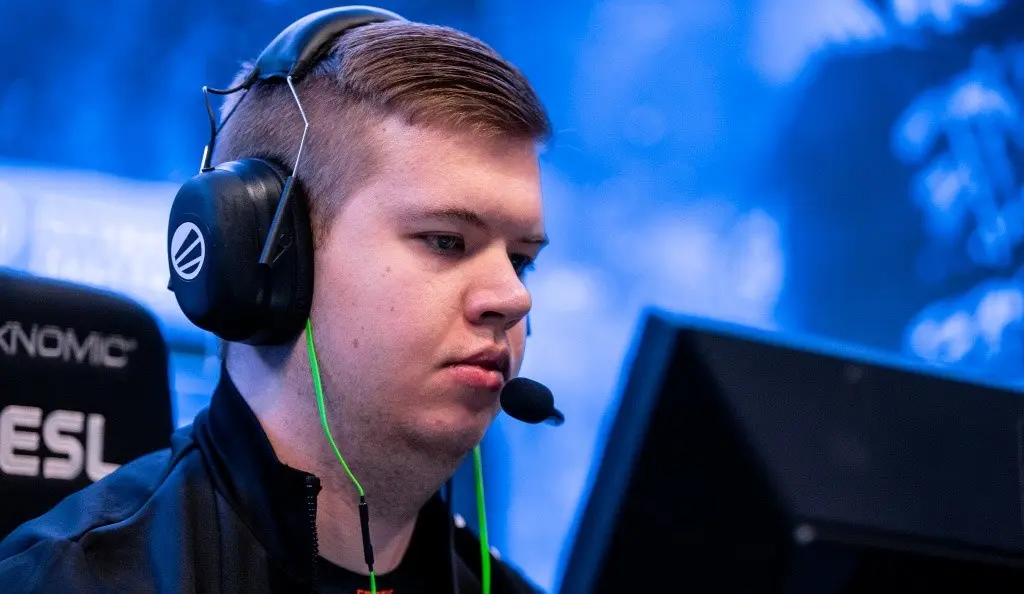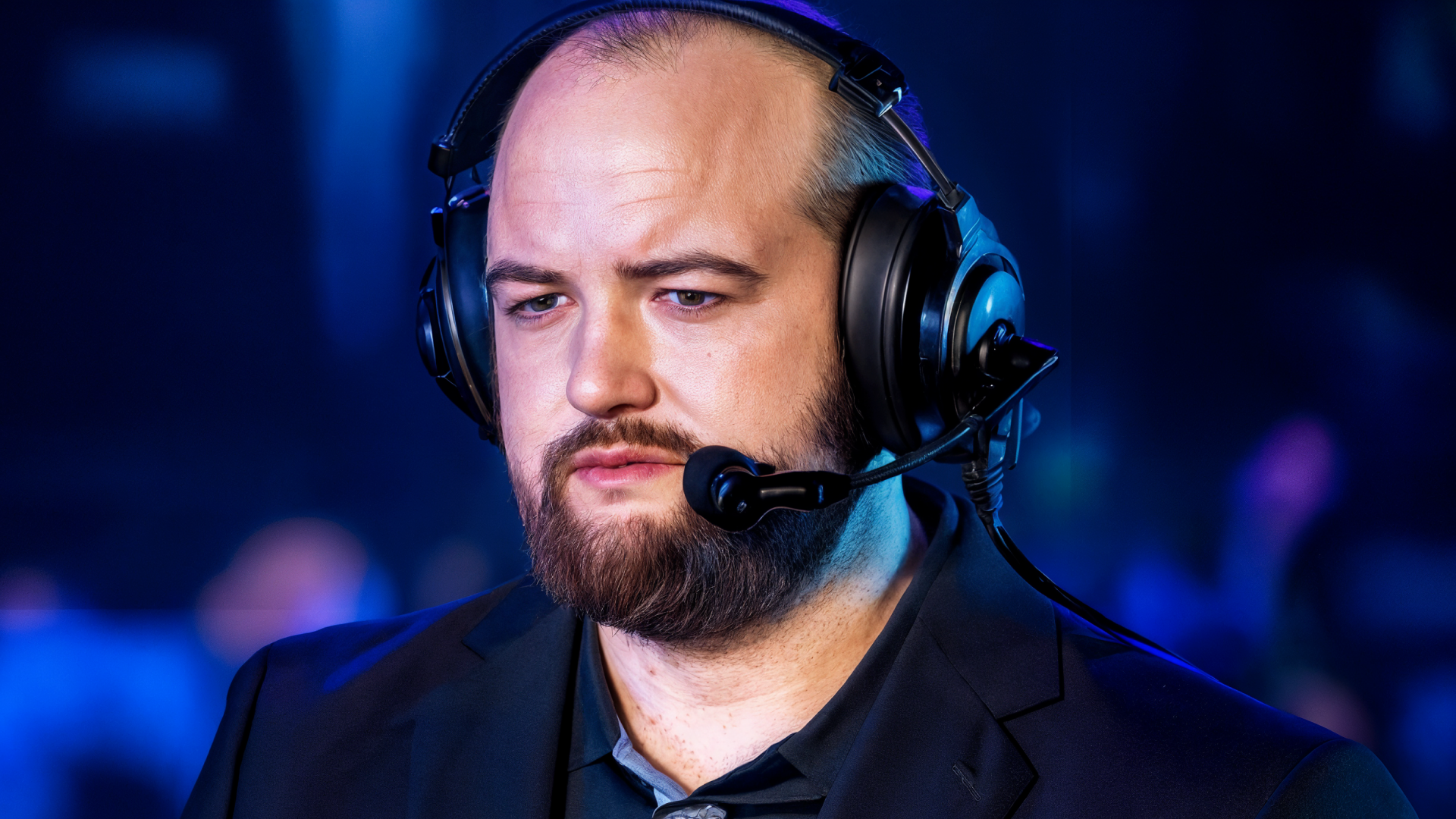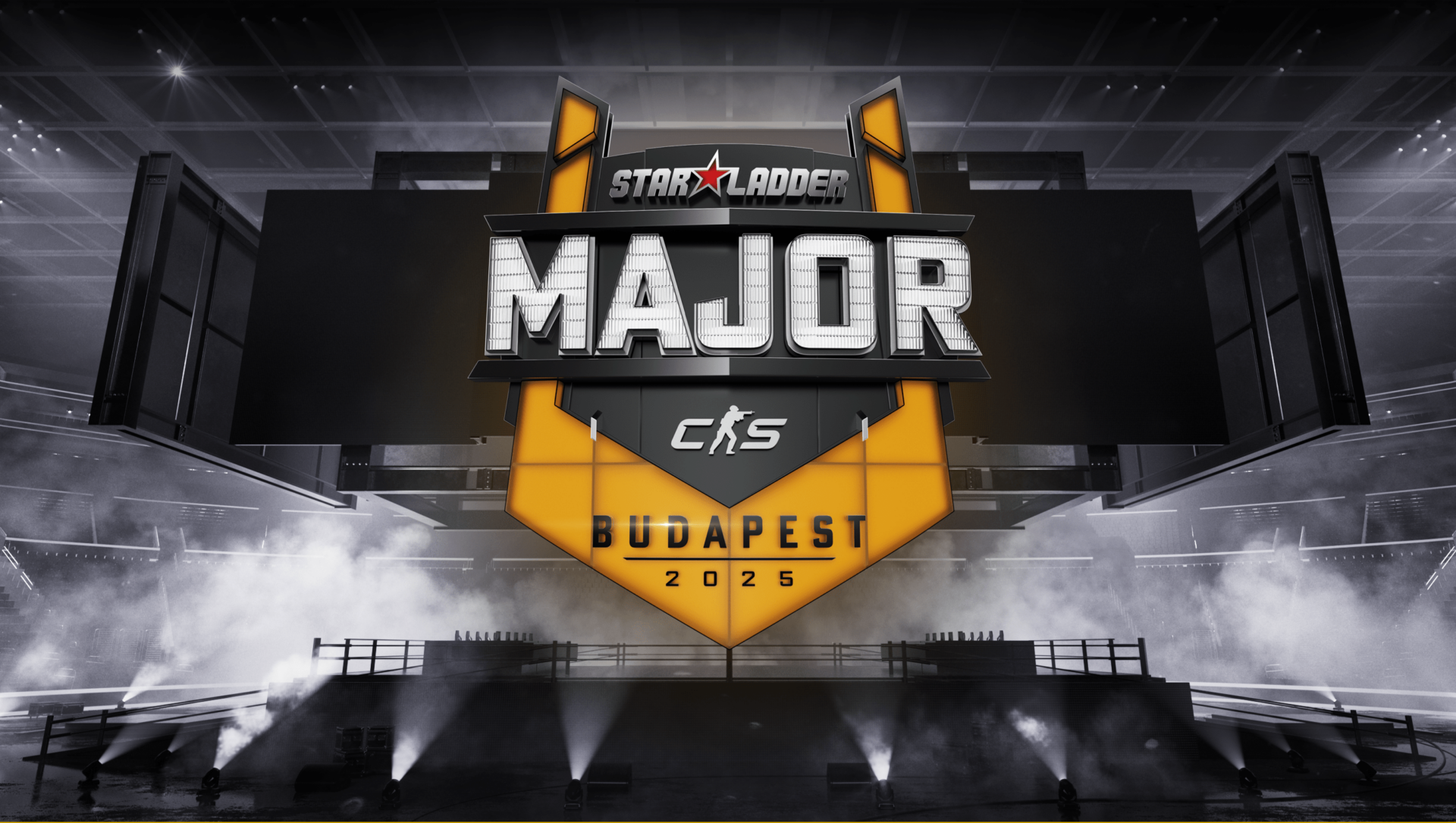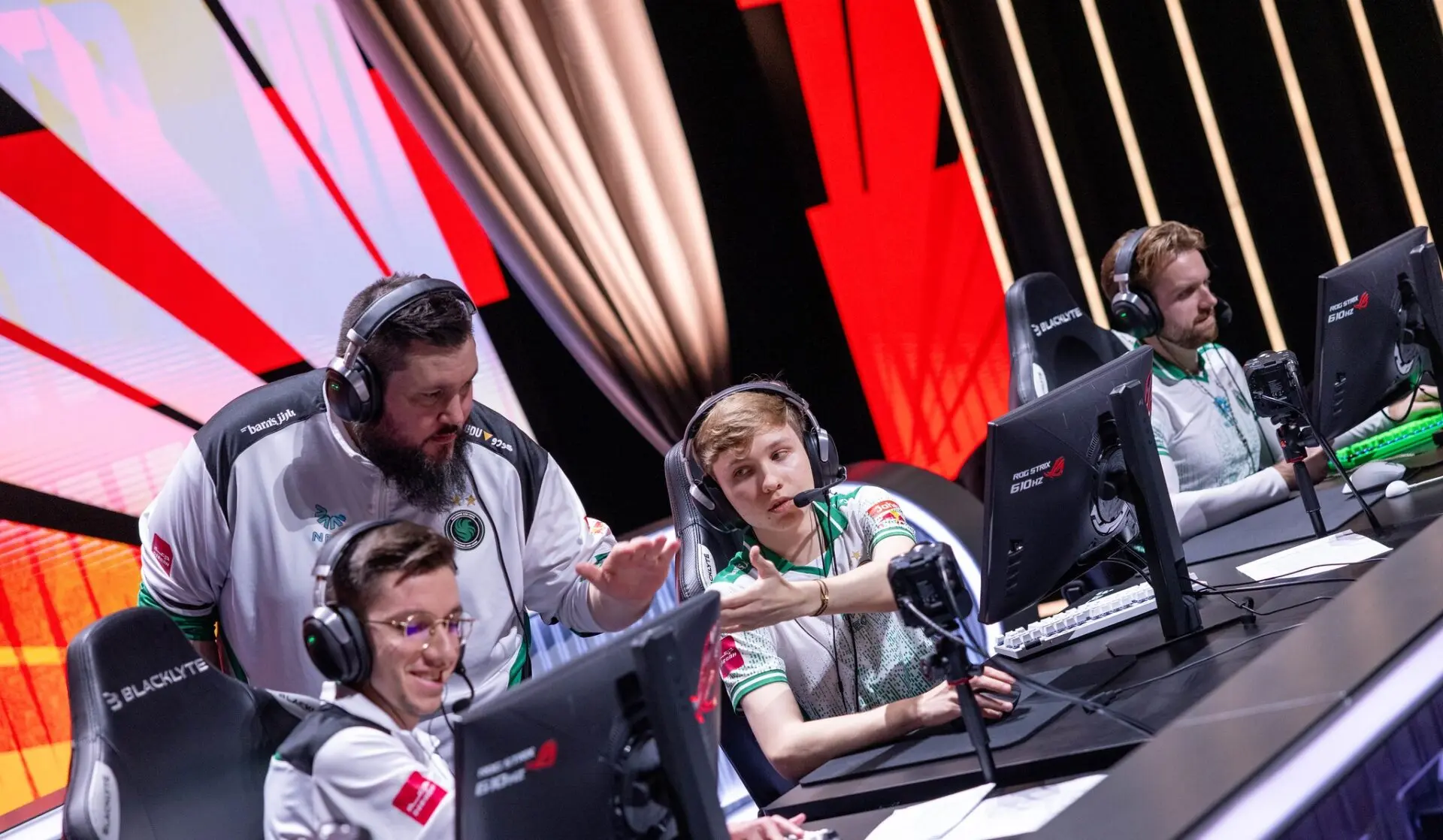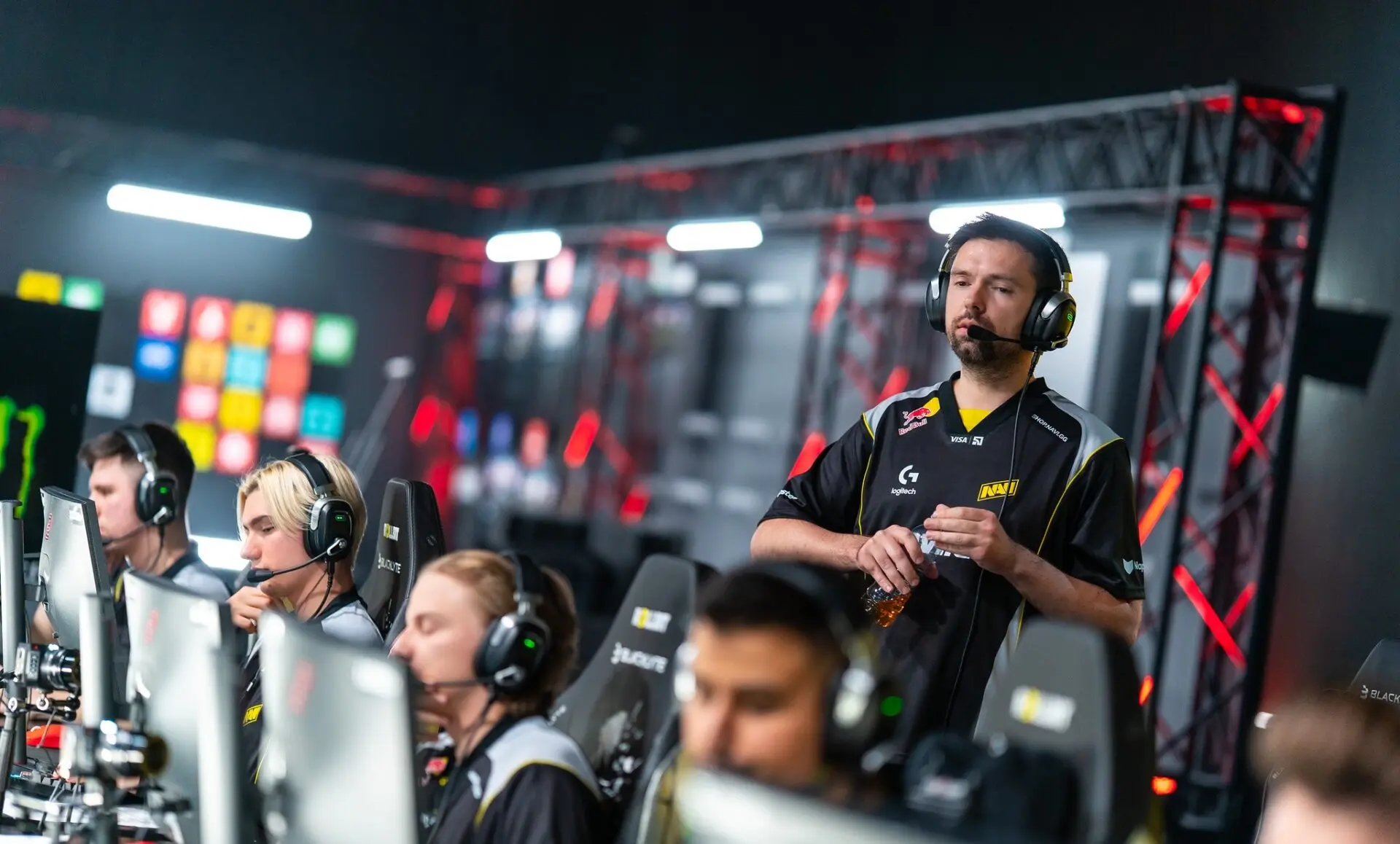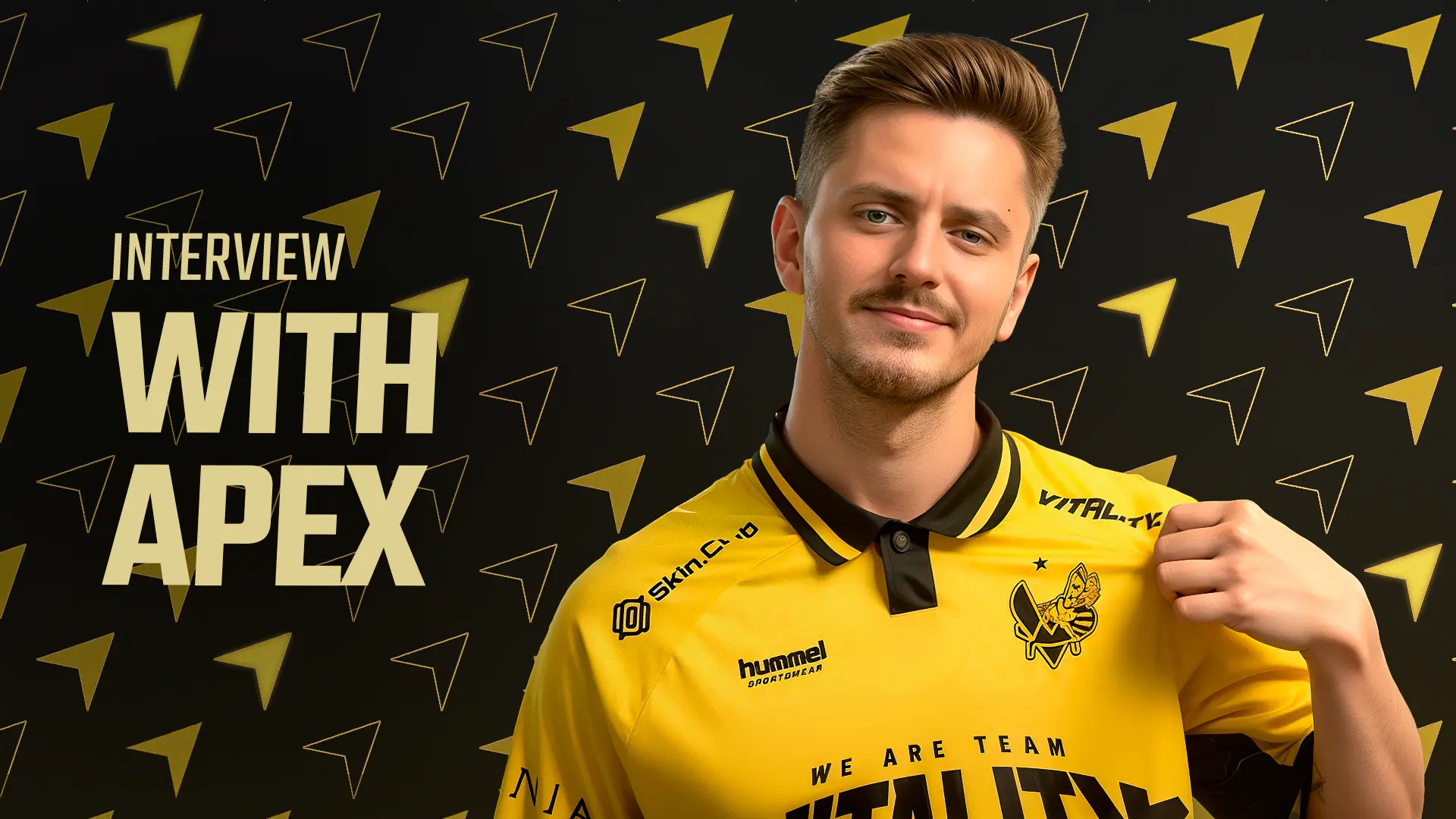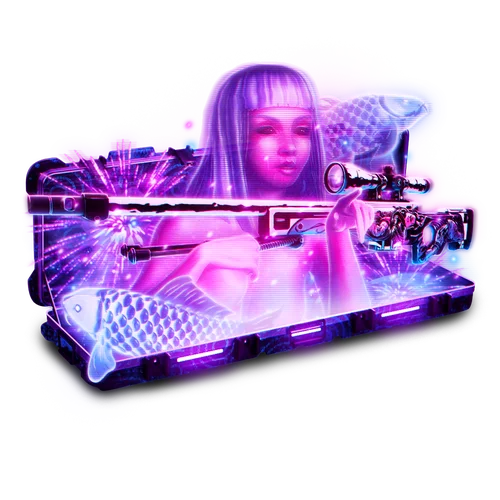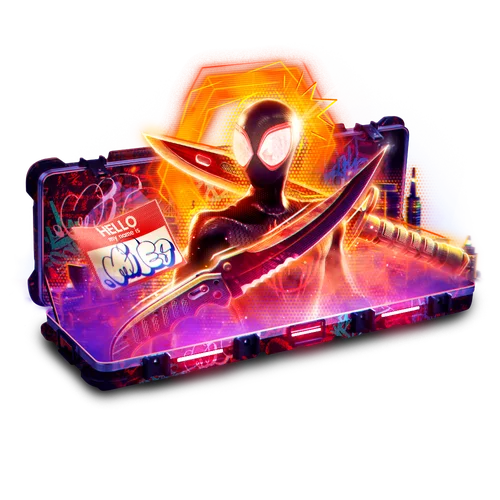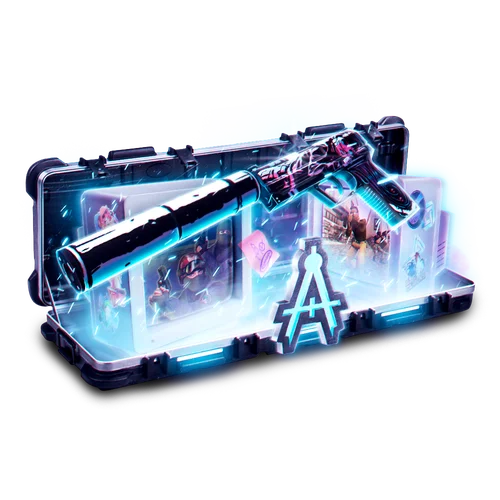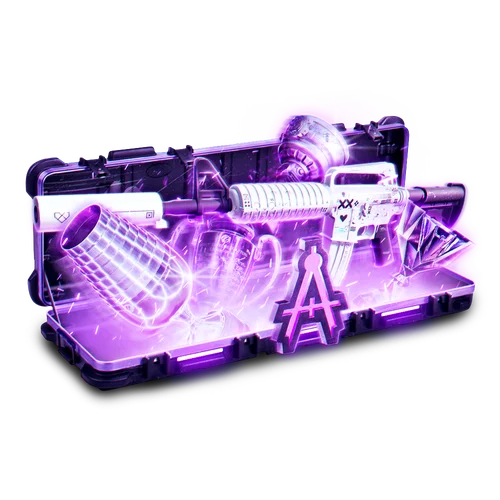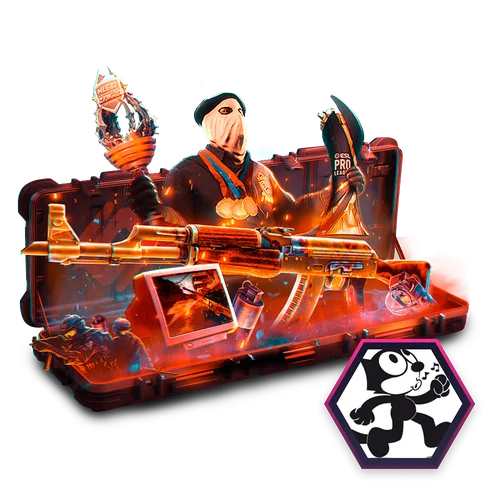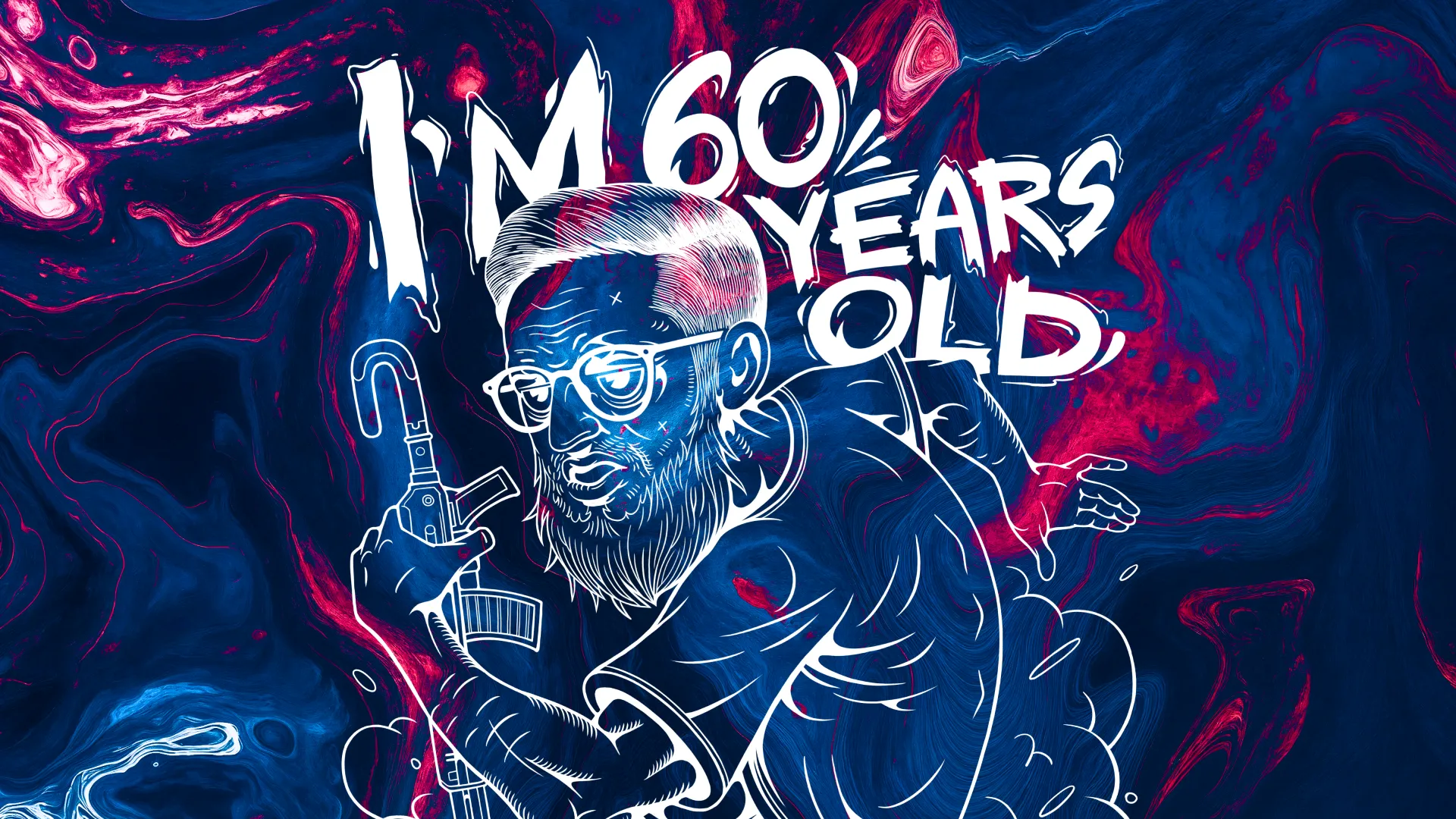Just one more superstar, as the meme goes, and the Falcons will finally be on top of the world! But across multiple lineups, we’ve seen the same frustrating pattern: the Falcons can look incredible in one tournament, only to collapse in another that seems entirely within reach. Most recently, this was on display at the Fissure Playground Season 2 in Belgrade.
The Rise and Stumbles
The Falcons cruised through the group stage without dropping a map. With kyousuke in the lineup and some distance from their Cologne struggles, they looked like clear contenders for the grand final. They reached the semifinals by defeating Pain, FaZe, Legacy, and VP—all in clean 2-0 fashion. True, not the most impressive set of victims given that FaZe were in chaos with Twistzz being announced mid-tournament, but still a strong showing.
Before that, Falcons had taken maps off top teams like Vitality, MOUZ, and G2 at the EWC. By that measure, the real question might be: who have they actually lost to?
HLTV’s match pages show defeats against The Mongolz, Furia, Aurora, and once again Furia. Hardly catastrophic results, which suggests the situation is not so much about the teams they’re losing to—it’s about the weight of expectations.

The Weight of Expectation
Expectations are the lens through which we experience reality. Imagine handing in a lottery ticket. For a brief moment, when the clerk says “You’ve won!”, your mind may freeze, picturing yourself a millionaire. If instead you’re told you won €500, the disappointment can feel crushing, even though €500 is not a bad outcome.
The Falcons are treated as if they’re that lottery ticket worth millions. Regardless of reality, they are expected to win everything. Even if it were revealed a year from now that their salaries weren’t as enormous as rumored, the public perception about what they “should” accomplish would remain the same.
This expectation weighs especially heavily on players. The obvious effect is the direct psychological pressure from fans and media. But there’s another, more subtle force at play: pattern recognition.
The Pattern Trap
Humans evolved to recognize patterns for survival. If you watch someone die after eating purple berries, you know not to eat them yourself. But the downside is that we often detect patterns where none really exist.
This is a trap teams can fall into. The perfect historical example is TSM (who later became Astralis). Back then, dev1ce was branded a “choker.” Not because people doubted his skill—he was elite—but because, time and again, the team would fall apart in high-pressure rounds. Players began to expect that collapse when a certain situation appeared. The wheels always seemed to come off at the same point, feeding into the pattern.
read more
And once a pattern is ingrained, it’s very difficult to break. Astralis eventually did, of course, and went on to become perhaps the greatest team of all time.
Niko and the Falcons
For today’s Falcons, the problem is more nuanced. Young players like m0NESY and kyousuke haven’t lived the cycle often enough to embed a choking pattern. Kyxsan and TeSeS have their share of responsibilities, but the bulk of expectation doesn’t fall on them.
But Niko—Falcons’ biggest star and one of the greatest riflers in history—is the one struggling under this invisible weight. After years of heartbreaking near-misses, the pattern has wrapped itself around him. Whenever the game reaches that defining round, you can almost sense the team tightening up, haunted by past failures.
Breaking that cycle is not just about winning games—it’s about rewriting Niko’s career narrative. He is a generational talent, and the difference between being remembered as a star without a Major and as a truly fulfilled champion may hinge on shattering this recurring pattern.

Breaking the Cycle
How does one break a destructive pattern? There’s no universal answer. But I can share from my own experience as a caster. When I started, I was supremely confident, almost arrogantly so. Over time, that confidence broke, and I began to notice negative patterns in my own work. I spiraled—anxious, less assured, always comparing myself to my “better” past self.
read more
The turning point came when I realized: the old me was gone. I couldn’t return to the person I was before. Instead, I had to accept that I was a new version of myself, and that this version needed to find its own strengths. It required patience, but it was liberating.
Perhaps this is the path for Niko and Falcons. Rather than fighting to match some idealized version of themselves—one that dominates every event—they need to embrace being a different team; one that can grow on its own terms, not chained to the ghosts of past failures.
So, What is Wrong with Falcons?
Strictly speaking, not much. They beat top-tier teams and only drop matches to other top-level opponents. What weighs them down is not raw performance but the pattern—this sense that when pivotal rounds arrive, they stop dictating the game and instead fall into repeating history.
The memes are funny, and the disappointment is real, but there is still time for this lineup. They can rewrite the story. All it takes is breaking the pattern.





























